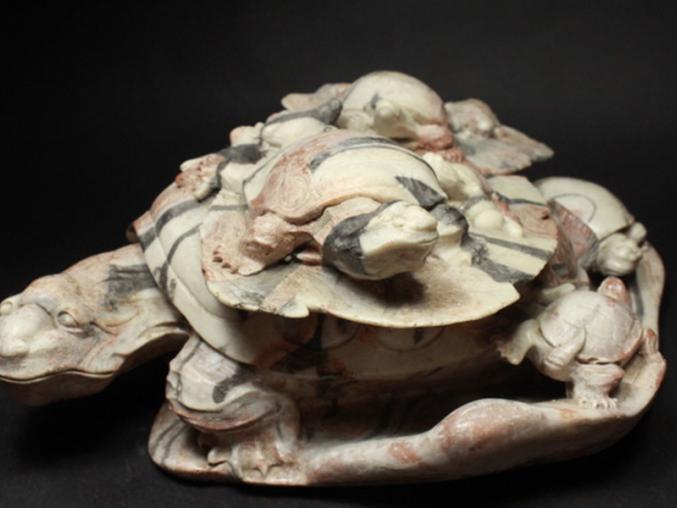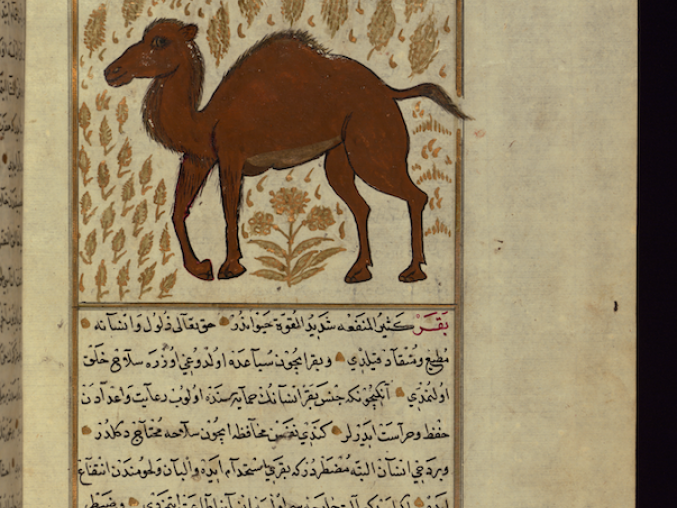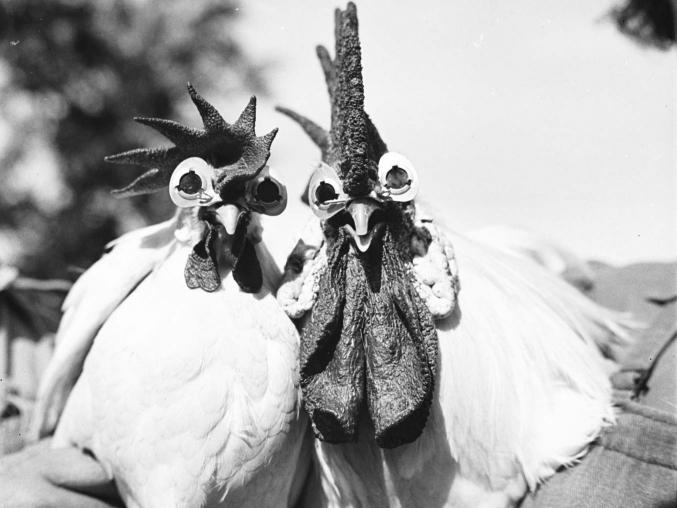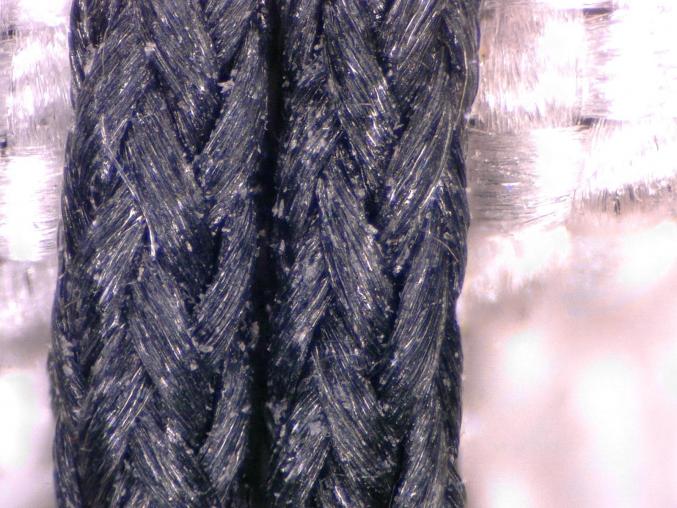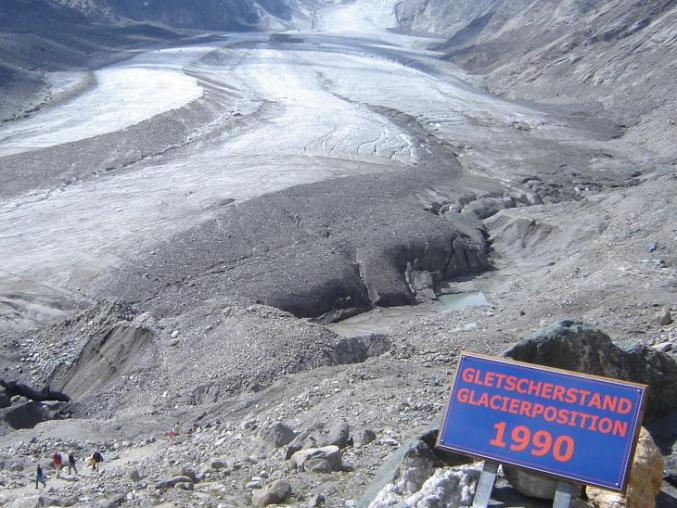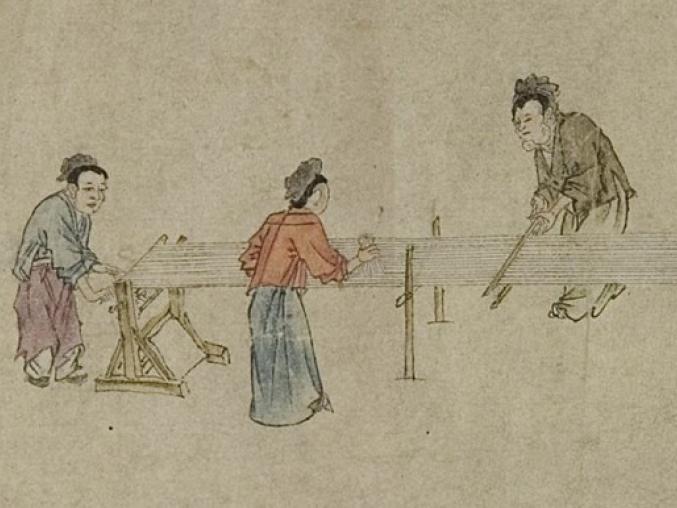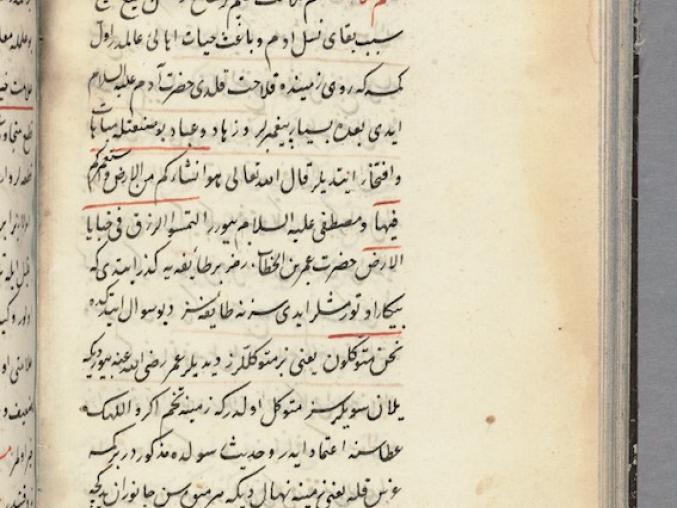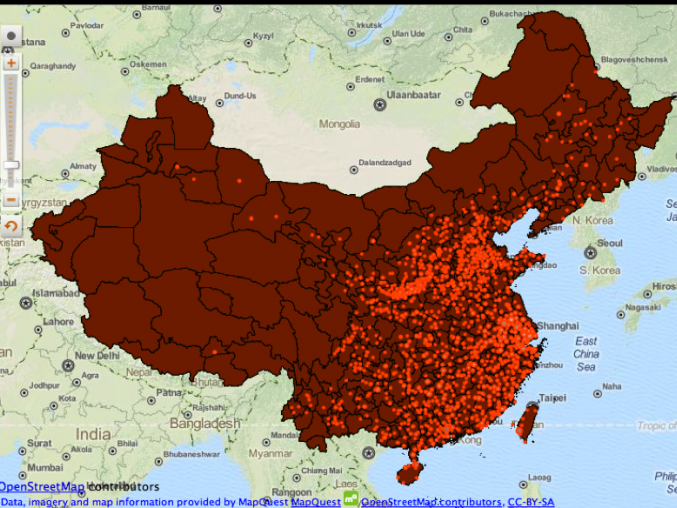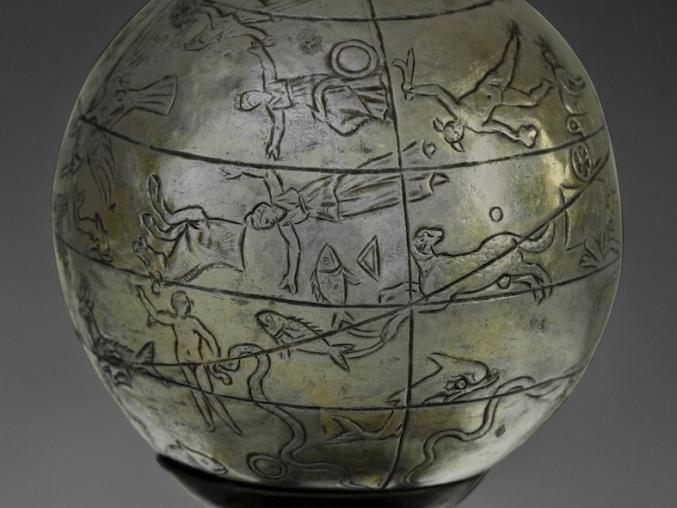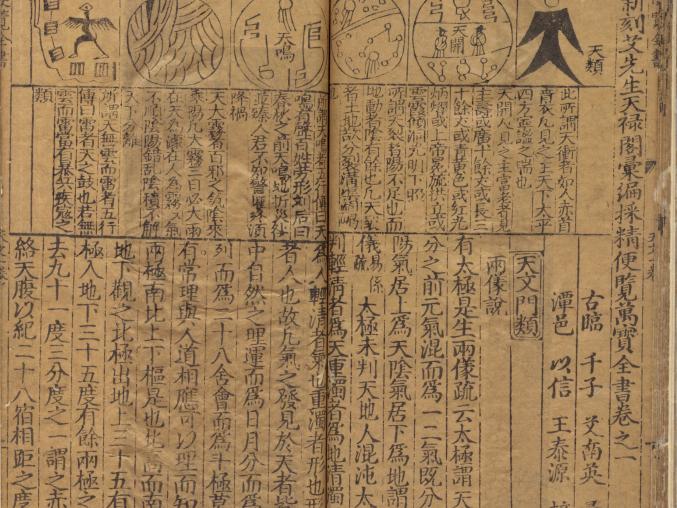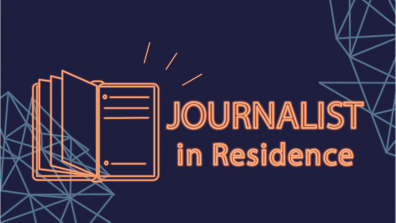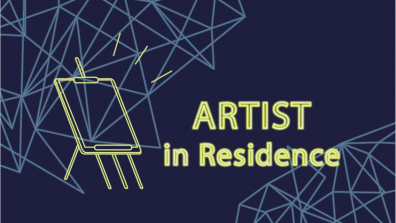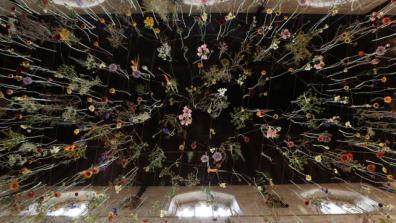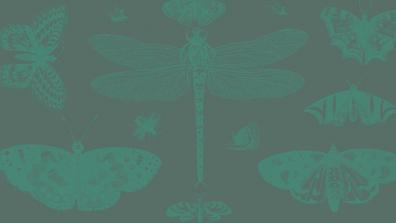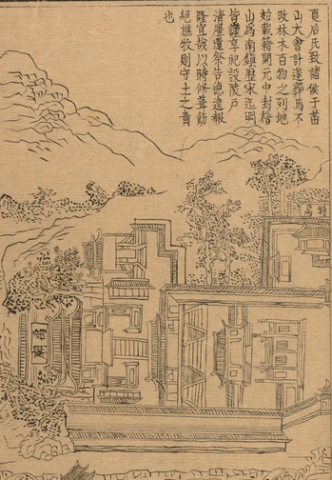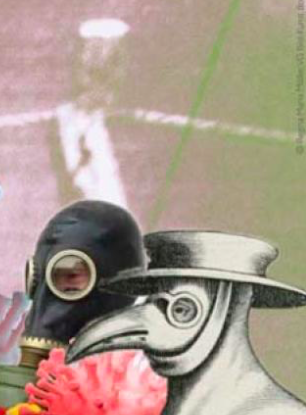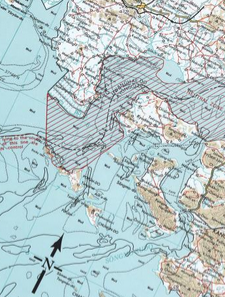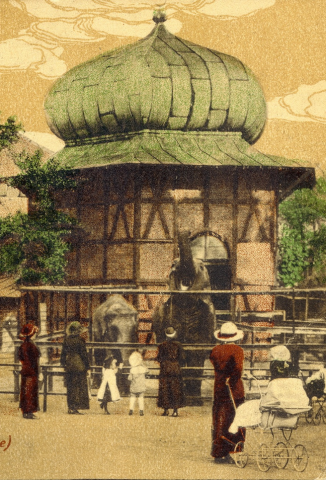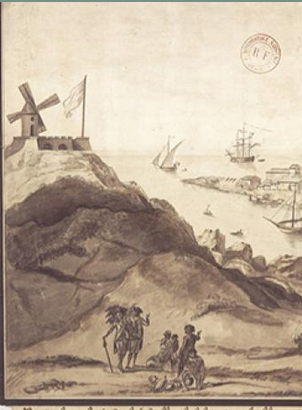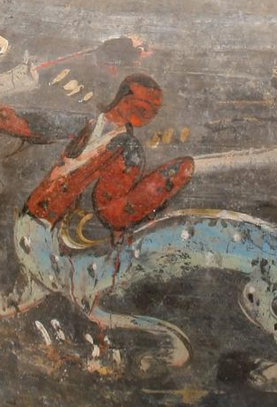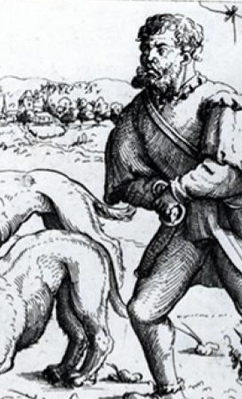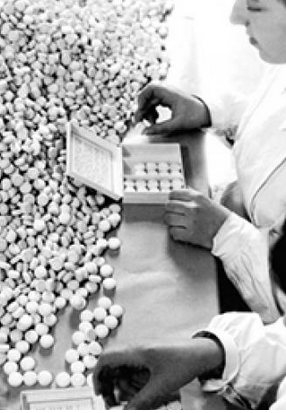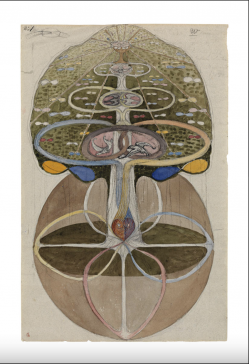
Tree of Knowledge HaK133, painting by Hilma af Klint, courtesy of The Hilma af Klint Foundation _ Photo_Moderna Museet-Stockholm.
Artifacts, Action, Knowledge
Director Dagmar Schäfer
T +49 30 22667 151
Department III studies the history of knowledge and action considering the changing role of artifacts: texts, objects, and spaces. Our research collectively examines the processes and structures by which people grappled with the materiality of existence. Through the analysis of everyday actions, we interrogate the boundaries and intersections between the inner workings of objects and all domains of life. Together these approaches allow us to pursue inquiries into historical epistemologies of action. Our research structure has three entry points: artifacts (things), action (making), knowledge (work).
Events
Tools of Knowledge: Revitalising a Legacy Database of Scientific Instrument Makers
MORE
